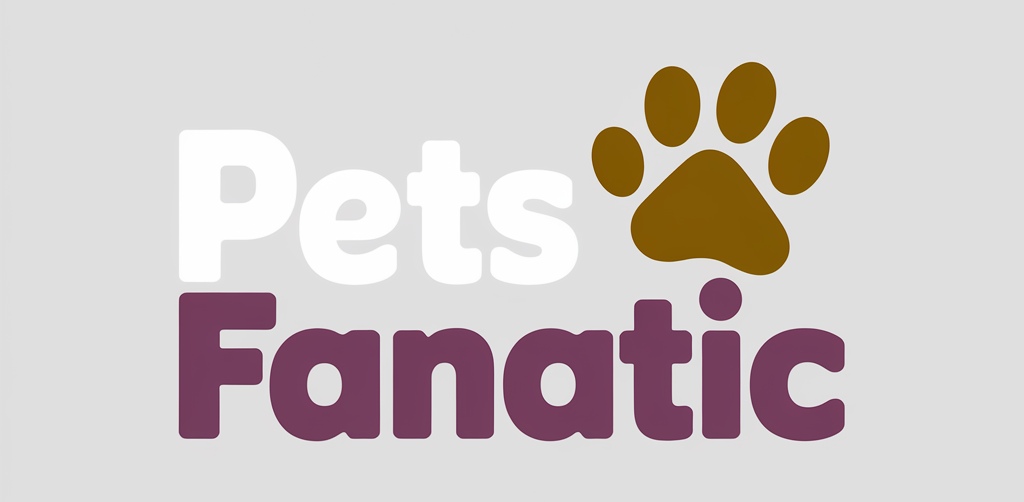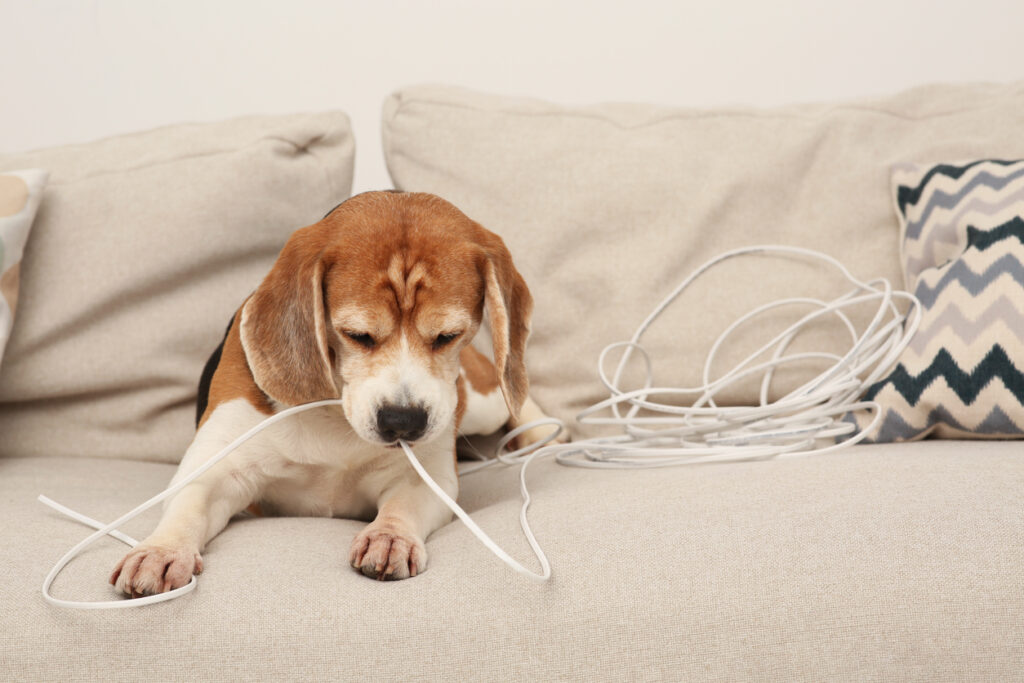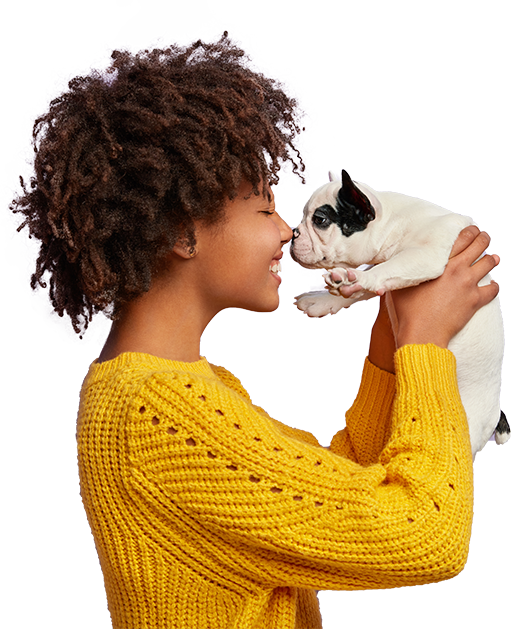Our homes may feel like the safest place on earth, but for our furry friends, they can also hide some unexpected dangers. From curious cats to snack-happy dogs, pets love exploring—and sometimes getting into things they shouldn’t. Let’s go through some common household hazards that could spell trouble for pets and how to keep them out of harm’s way.
Chocolate and Other Toxic Foods
We all know chocolate is a no-no for dogs, but did you know it’s also toxic for cats? Foods like grapes, raisins, onions, garlic, and even sugar-free gum with xylitol can also be dangerous. Keep your pantry pet-proof and don’t leave snacks unattended. A quick swipe of your plate can lead to big trouble.
Household Plants
Some plants that brighten up your living space can be toxic to pets. Lilies are especially dangerous for cats, and dogs should steer clear of aloe, pothos, and philodendrons. Check if your greenery is pet-safe or move plants to higher, unreachable spots. Better safe than sorry when it comes to your indoor jungle.
Cleaning Supplies
Bleach, ammonia, and other household cleaners can pose serious risks if ingested or inhaled by your pets. Even those natural cleaning products aren’t always safe. Store them in cabinets your pets can’t open (yes, cats can figure out how to open doors) and avoid letting your pet walk on freshly cleaned surfaces until they’re dry.
Electrical Cords
Chewing on electrical cords might seem like a fun game to teething puppies or bored cats, but it can lead to shocks or burns. Use cord covers or keep cords hidden behind furniture. If your pet can’t see it, they’re less likely to gnaw on it.
Trash Cans
What’s more fun than a treasure hunt in the trash? Unfortunately, pets can find harmful items like chicken bones, spoiled food, or plastic wrap. Invest in a pet-proof trash can or store your bin in a cabinet. Bonus: It also keeps your kitchen tidier.
Medications and Vitamins
That pill you dropped on the floor might not seem like a big deal, but even a small dose of human medicine can be dangerous for pets. Aspirin, ibuprofen, and certain vitamins can cause serious health issues. Keep all medications out of reach, and double-check the floor for any stray pills.
Small Toys and Objects
If it’s small enough to fit in a pet’s mouth, it’s small enough to cause choking. Lego pieces, hair ties, rubber bands, and even your kid’s action figures can become accidental snacks. Store small items in bins or drawers to keep them out of paw’s reach.
Open Windows and Balconies
A cool breeze is great, but open windows and balconies can be hazardous if your pet decides to investigate. Cats especially are prone to falling out of windows, so use screens or keep windows cracked just enough for air. Supervise your pet if they’re spending time on the balcony.
Pesticides and Rodenticides
These products may help keep pests away, but they’re highly toxic to pets. If you need to use them, opt for pet-safe alternatives or place them in areas your pet can’t access. And if you suspect your pet has ingested any, call your vet right away.
Essential Oils and Candles
Essential oils may smell amazing to us, but some can be harmful to pets when inhaled or applied to their skin. Tea tree, eucalyptus, and citrus oils are common culprits. Candles can also cause burns or get knocked over by an overzealous tail wag. Always supervise and choose pet-safe products when possible.
Your home should be a safe haven for both you and your pets. By keeping an eye out for these potential hazards and taking some simple precautions, you can ensure your furry friends stay happy, healthy, and out of trouble.








